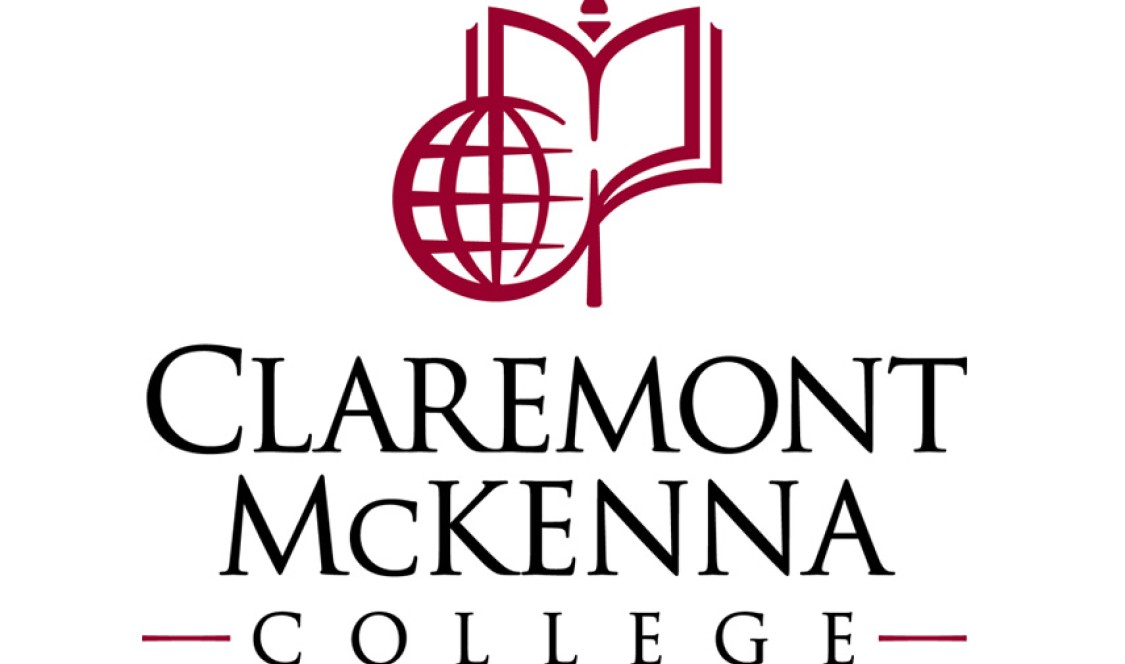Dear Members of the Claremont McKenna College Community,
I am writing to update you on an important action taken by the Board of Trustees at its meeting on March 9, 2013. In particular, the Board acted to end the College’s “No Packaged Loan” financial aid policy. Beginning with the fall 2014 entering freshman class, the College will reinstate its former practice of including reasonable loan amounts of up to $4,000 per year in the financial aid package for need-based students. This policy change will not affect any current students during their remaining time at CMC, nor will it affect new students enrolling in fall 2013.
This decision was not taken lightly, as we know that there are challenges and pressures that some families face regarding the affordability of a college education. However, our current situation is best understood in view of the College’s long-standing commitment to need-blind admission and to meeting the financially demonstrated need of all admitted, domestic freshman students. The College’s Strategic Plan identifies need-blind admission as one of our most important values, and highlights the importance of insuring our need-blind policy is financially sustainable over the long term. Therefore, I wanted to take this opportunity to briefly discuss the background of the No Packaged Loan policy, and the reasons why the Board determined it was necessary to end the policy at this time.
The College adopted the No Packaged Loan policy in the spring of 2008, just prior to the global financial crisis, at a time when a number of CMC’s peer colleges and universities were implementing various forms of no-loan or reduced-loan policies. At that time, the College completed an extensive financial analysis of the cost of a no packaged loan policy. The financial projections indicated that the College could replace loans with grants within its existing financial aid resources through a combination of actions, including reductions in the amount of merit aid and, most significantly, a reallocation of unrestricted endowment funds that were then being used to support a 0% interest institutional loan fund.
The financial collapse that caused the recent economic recession soon followed. As with most colleges and universities, the economic conditions of the past several years have placed significant pressure on the College’s operating budget. The College has worked to navigate through this period, which has included increasing our commitment to institutional financial aid at almost twice the rate of tuition increases. But we have had concerns about the sustainability of the No Packaged Loan policy, as we have focused on doing everything we can to ensure CMC remains accessible and affordable to all qualified students, regardless of need.
It is within this context that the Board has been engaged this year in a number of important discussions related to the costs and funding of a CMC education, and about the No Packaged Loan policy in particular. This discussion has also included valuable insight and analysis from the faculty, particularly from the faculty’s Admission and Financial Aid Committee (AFAC), who examined the effects of the No Packaged Loan policy on lower-income and minority applicants since the program’s inception five years ago. The Board weighed the AFAC’s findings in their decision and is appreciative of this research.
Through these discussions and careful analysis, the Board decided that, although the No Packaged Loan policy was important to preserve, if feasible, the College’s overarching priority should be to preserve and protect the College’s need-blind admission policies.
In making the decision to eliminate the No Packaged Loan policy, the Board reaffirmed several important commitments:
- That the College is committed to providing access to all qualified students based on academic talent and not on financial need;
- That the College is committed to securing and strengthening its need-blind admission and to meeting full-need policies by making fundraising for financial aid a priority;
- That the College is committed to ensuring that packaged loan levels are reasonable and affordable;
- That the College’s financial aid budget will not be reduced by this decision, and ongoing evaluation of the financial aid budget should take place during the next five years.
To help meet these goals, the Board authorized the administration to develop a plan for a targeted fundraising initiative that will focus on securing additional support for financial aid.
It seems probable that many colleges and universities across the country will soon be conducting similar evaluations of their financial aid policies and making changes. It is important for each institution to develop a strategy that assists students and their families to afford higher education with a program that is financially sustainable for the institution. I believe that is what we have done here.
Sincerely,
Pamela Gann
President

